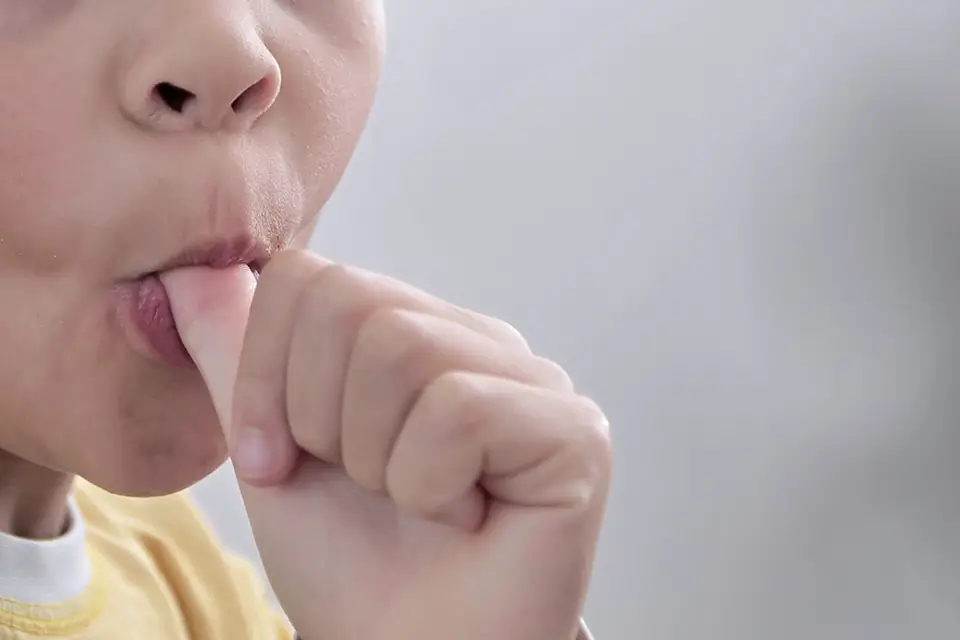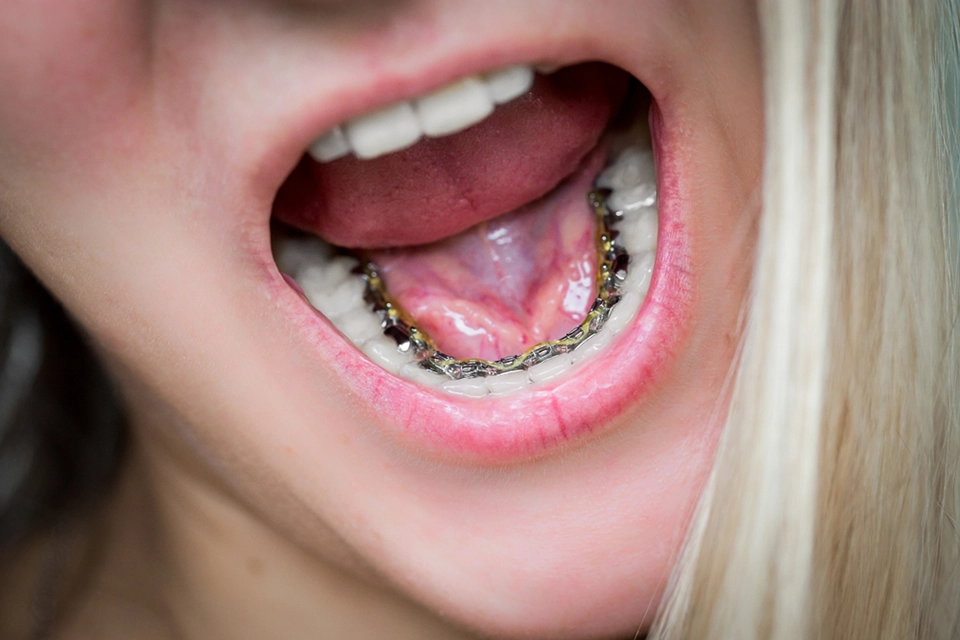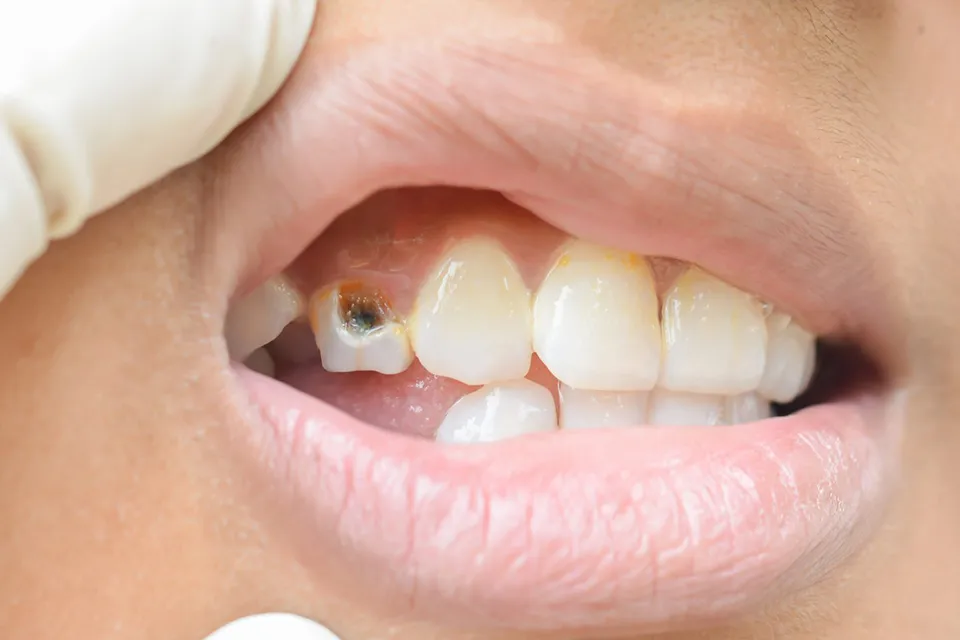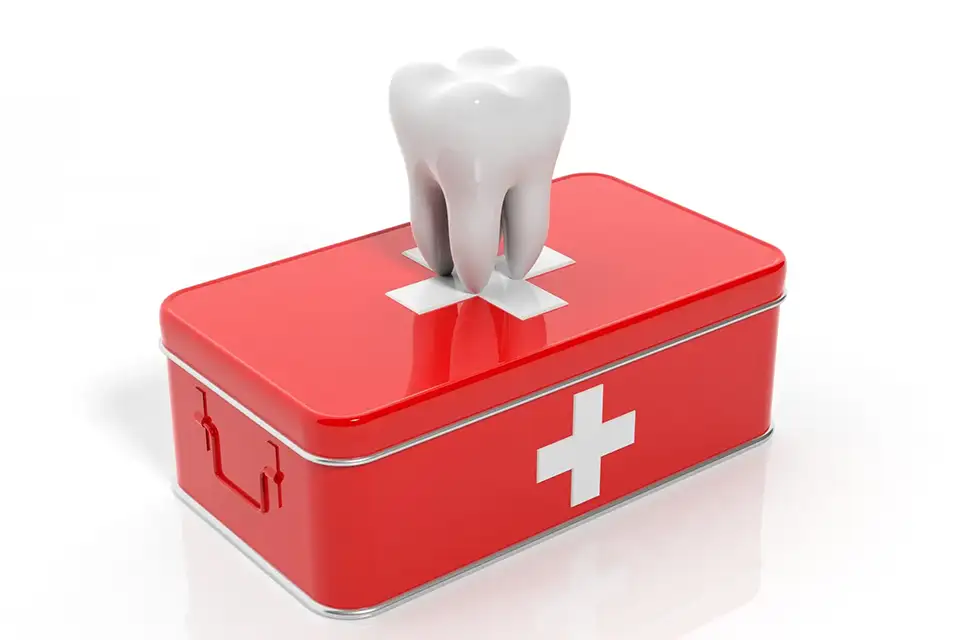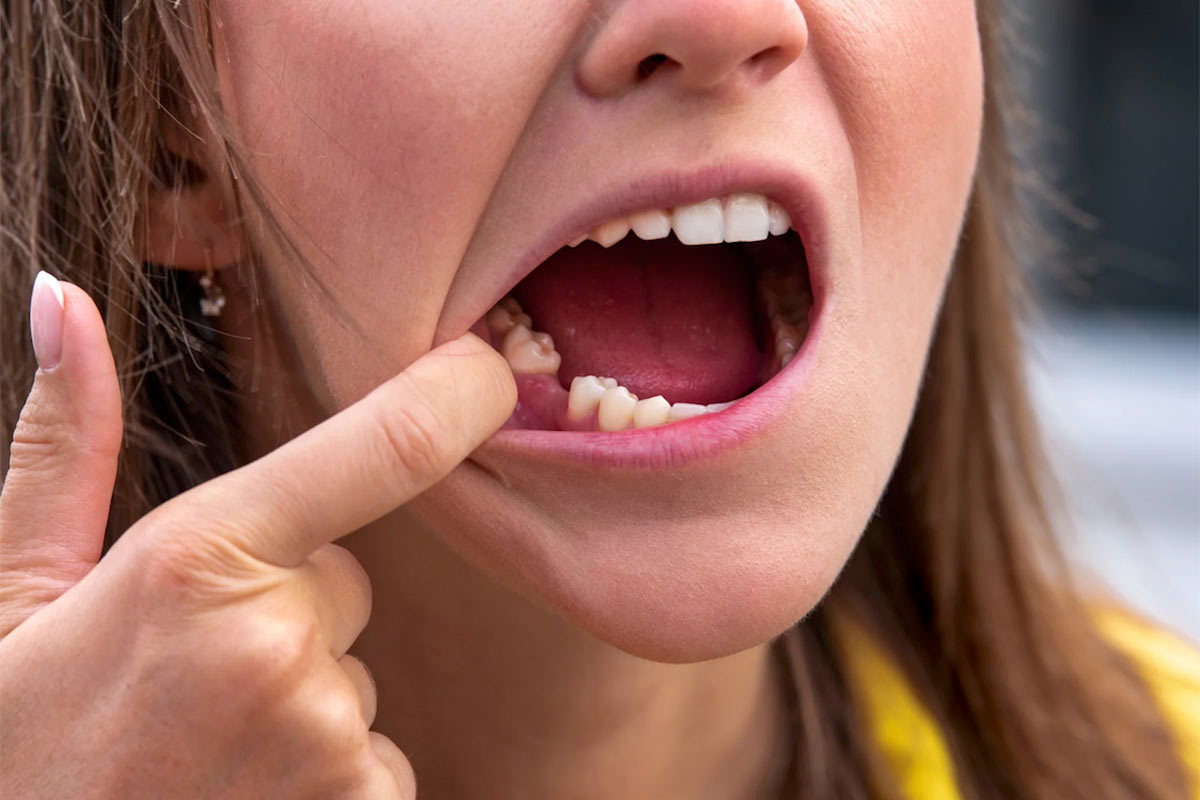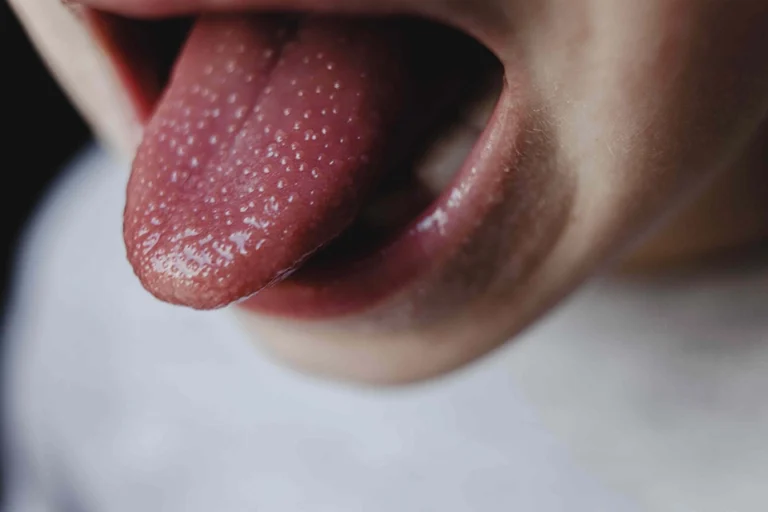Dry Socket: What Is It?
A dry socket is a painful dental condition. After tooth extraction, the blood clot in the socket dissolves or dislodges prematurely, exposing the bone and nerves. As the exposed area dries out, it becomes quite painful and could even radiate to the ear.
Bad breath and an unpleasant aftertaste are other symptoms. It can cause a delay in healing and necessitate professional care, such as cleaning the socket and applying a medicated dressing.
Furthermore, post-extraction recommendations, excellent dental hygiene, and not smoking or sucking through a straw can prevent dry sockets.
6 Dry Socket Prevention Tips
A painful and problematic dry socket can occur following a tooth extraction. Here are six crucial recommendations to keep in mind to help prevent the development of dry sockets:
Pay Close Attention to the Post-Extraction Instructions
Your dentist will provide detailed instructions for post-operative care after your tooth extraction. Moreover, it is essential to follow these guidelines carefully to reduce the chance of getting dry sockets. Additionally, this may involve avoiding particular meals, practicing oral hygiene, and taking prescribed medications as advised.
Avoid Smoking and Tobacco Use
Dry sockets are substantially more likely to occur if you smoke or use tobacco. The chemicals in cigarettes can prevent blood clots from forming and hinder the healing process.
Furthermore, it would be best to avoid smoking and using tobacco products until at least 48 to 72 hours have passed since the extraction. Even better, stopping smoking can have various dental health benefits.
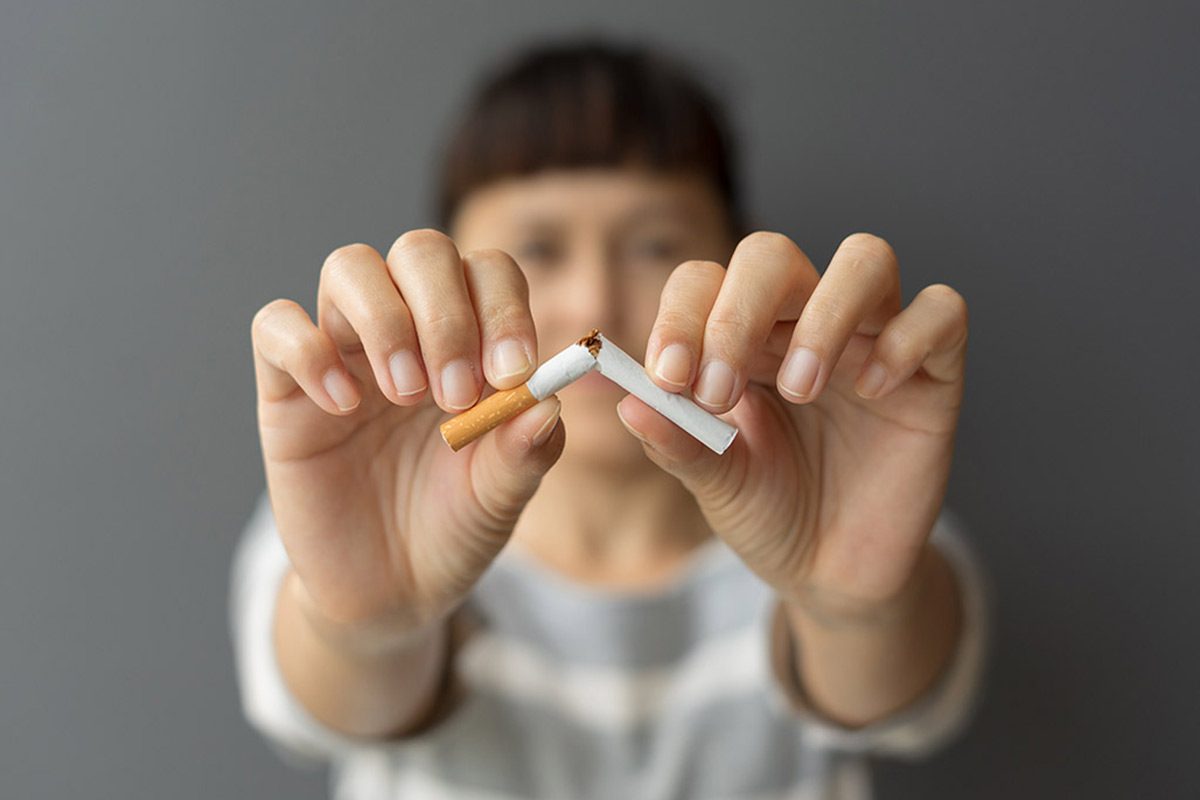
Watch Your Diet
Attention to your diet throughout the initial healing phase is critical. Stick to easy-to-chew, soft or liquid foods that won’t irritate the extraction site.
Avoid hard, crunchy, or sticky foods since they may cause irritation or cause the blood clot to become dislodged. Choose healthy foods such as yogurt, soups, smoothies, and mashed potatoes to hasten healing.
Practice Proper Oral Hygiene
Cleaning the extraction site is essential for avoiding infection and accelerating healing. In order to prevent dislodging the blood clot, it is imperative to use caution when brushing and flossing close to the extraction site.
After meals, rinse your mouth with a light saltwater solution and gently brush the remaining teeth, being cautious to avoid the extraction site. Ask your dentist for advice on the best ways to maintain good dental hygiene while recovering.
Limit Your Physical Activities
Following tooth extraction, engaging in intense activity can increase the chance of getting dry sockets. Avoid vigorous exercise and activities involving heavy lifting or exertion for at least 24 to 48 hours after tooth extraction.
In addition, elevated blood pressure and increased blood flow can dislodge the blood clot and hinder healing. Take it easy and give your body some time to relax and heal.
Keep in Touch with Your Dentist
It is crucial to contact your dentist if you have any worries or inquiries throughout the healing process. Moreover, they can provide guidance, reassurance, and additional instructions tailored to your situation. Your dentist can monitor the healing process and resolve any issues by scheduling routine checkups.
Final Thoughts
Following these six suggestions will significantly lower your chance of getting dry sockets after tooth extraction. Furthermore, remember that every individual’s healing process may differ, so it is essential to consult your dentist for personalized advice and direction throughout your recovery period. Call us at Zara Dental in Houston, Texas, if you need assistance preventing dry sockets after tooth extraction!

